Date Visited
September 4, 2023, at 13:35 PM
– Weather: Sunny
– Season: End of Summer
– Humidity: 60%
– Temperature: 30°C
– Wind: 12 km/h NE
Overview
Yichang City, my hometown, is nestled in southwestern Hubei Province, right where the upper and middle portions of the Yangtze River meet. My research is focused on Yiling Forest Park in Yiling District, a scenic area between the Three Gorges Dam and the Gezhouba Dam. Conveniently located in the city’s northwestern outskirts and connected by the Dingjiaba Bridge, the park is highly accessible.
Geology and Geomorphology
Yichang lies in a transitional area between the Qinba and Wuling Mountains and the Jianghan Plain. The topography varies from west to east, transitioning from high to low altitudes. Geological formations range from billion-year-old metamorphic layers to million-year-old neoproterozoic strata. Yiling Forest Park is made up of two long ridges divided by a deep valley. The park is relatively stable geologically, with a diverse range of sedimentary rocks and a topography that includes hills, low mountains, canyons, and steep cliffs.
Hydrology
The park is situated on the Huangbai River’s right bank and features two year-round streams. This river, named after the yellow cypress trees along its banks, is the longest in Yiling District and stretches about 1,400 meters within the park.
Soil Composition
Soils in the park mainly consist of sandy, yellow, and red soils, rich in essential minerals like phosphorus, potassium, and calcium. The soil pH generally ranges between 6.0 and 7.5, with an organic matter content averaging between 1.0% and 1.5%. While not exceptionally fertile, the soil supports a variety of forest vegetation including cypress(Cupressus funebris), horse chestnut(Alsophila spinulosa), and others.
Research Questions
– A vegetation survey to understand the park’s plant profile.
– Identification of high-quality ornamental plants and the main plant communities within the park.
– Assessment of the landscape diversity and what needs to be protected for ecological balance.
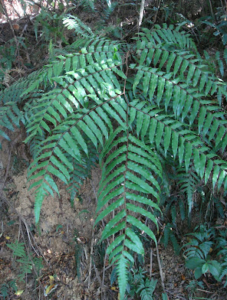
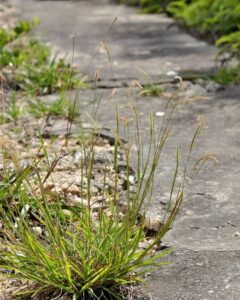
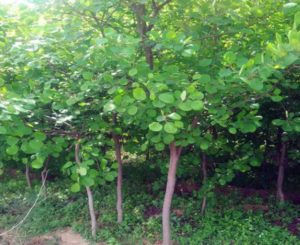
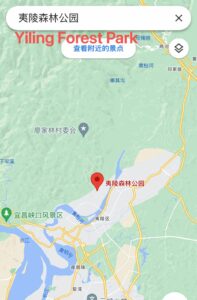
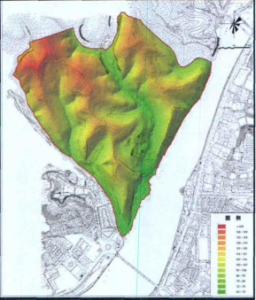
Hi, your study area sounds like a really neat spot and I look forward to learning more about it. Your potential questions are not really questions. You have lots of potential environmental gradients in your study area to ask questions about. Rather than just documenting the plant community you need to ask something like how does the plant community change with elevation or moisture gradient in the park. You will work more on experimental design in the next few Moodle modules and that should help.